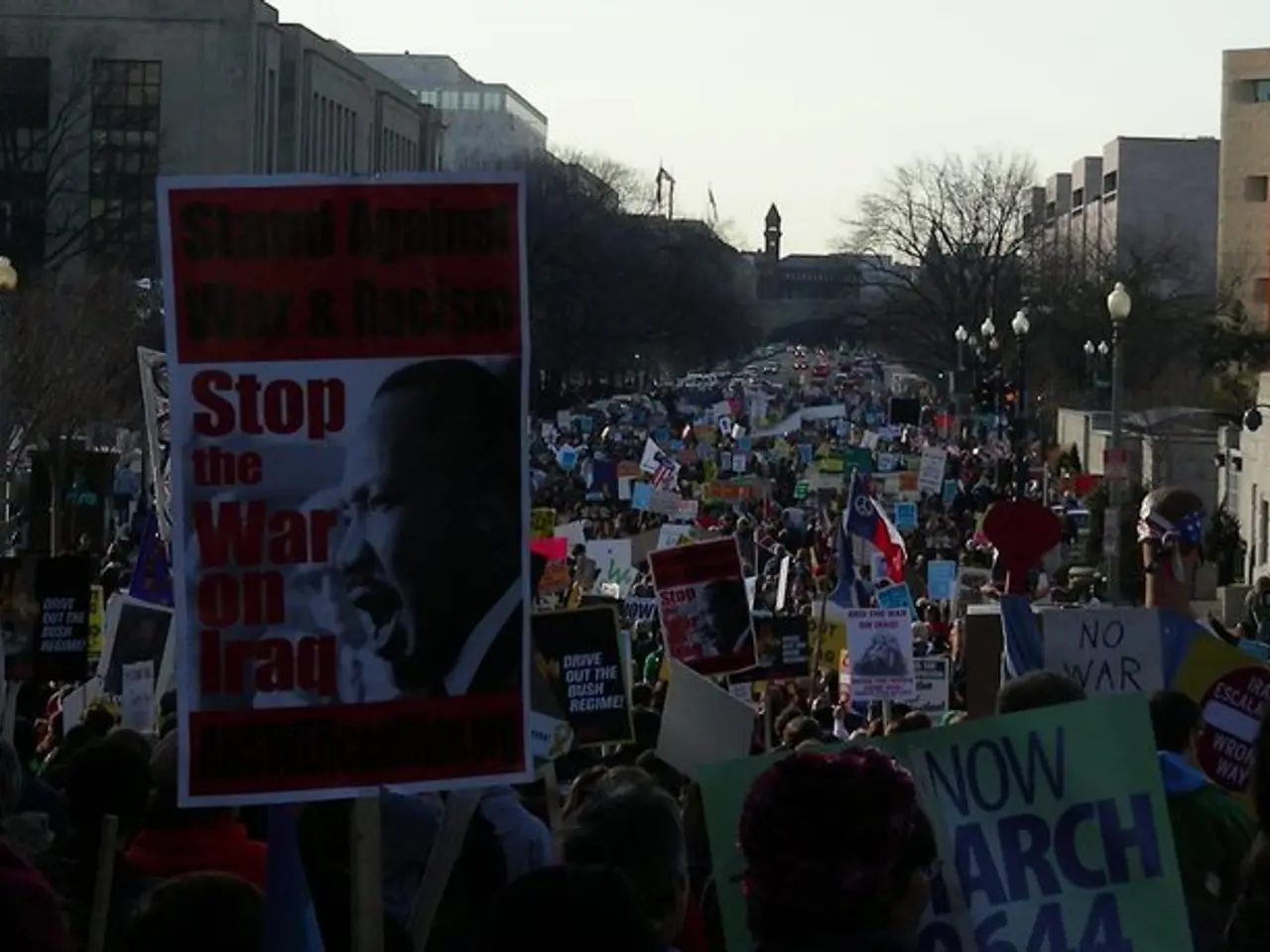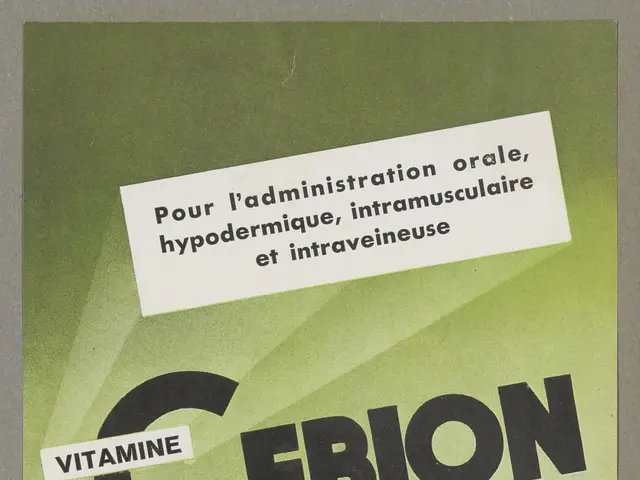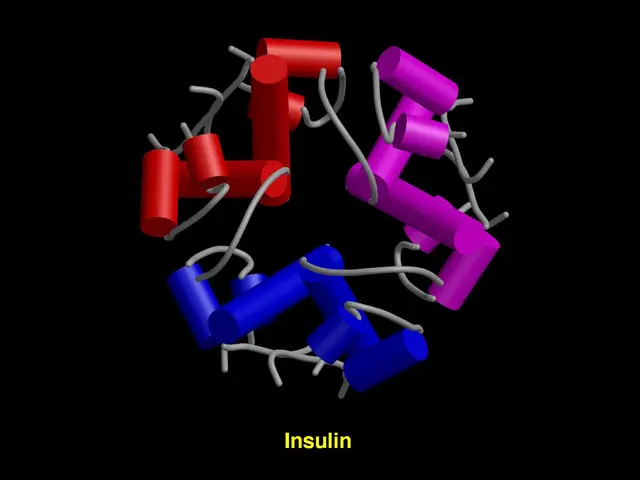New Yorkers Protest Against Alcohol Ads in Public Transit Run by MTA
News Article: Health and Community Advocates Criticize MTA's Decision to Allow Alcohol Advertising in New York City Subways
A contentious debate has arisen in New York City over the MTA's decision to allow alcohol advertisements throughout the city's transit system. Health and community advocates have expressed concerns that the move prioritizes revenue over public health.
On June 25, the MTA board voted in favour of displaying ads for adult beverages. This decision has sparked protests, with demonstrators gathering outside the MTA's headquarters in Lower Manhattan on Wednesday. Robert Pezzolesi, whose group, Interfaith Public Health Network, led the rally, accused the MTA of prioritizing meager revenue over New Yorkers' safety with predatory alcohol marketing.
Elected officials, including Bronx Borough President Vanessa Gibson, have urged the MTA to reconsider any booze ads on transit. Gibson emphasized the importance of prioritizing the well-being of riders served by the MTA. She stands in support of the Interfaith Public Health Network, medical professionals, and faith leaders in urging the MTA to reinstate its 2017 alcohol advertising ban.
Jessie Lazarus, chair of the MTA's advertising review committee, stated that a total prohibition of alcohol-related ads has been too broad. However, she mentioned that the committee has been spending time rejecting ads that promote eateries or restaurants with potentially alcoholic drinks on the table.
Pezzolesi emphasized that research shows alcohol's negative impact on community health. He urged the MTA to protect riders' health by restricting dangerous alcohol ads. Pezzolesi also mentioned that there is "overwhelming evidence" of alcohol marketing on public transit having a negative impact on communities of color.
Critics argue that allowing alcohol ads in a public transit system frequented by a diverse population, including minors, could promote unhealthy behaviors and potentially normalize alcohol consumption in public spaces. This decision has been described as favoring profits at the expense of community well-being and public health.
The lifting of the ban on alcohol advertisements has drawn criticism in the context of existing challenges facing the MTA, such as chronic infrastructure problems, safety concerns, and rider dissatisfaction. Opponents see this advertising policy as a distraction or even regressive step when the authority should be focusing on improving transit conditions rather than seeking controversial revenue sources.
In summary, health and community advocates argue that allowing alcohol ads:
- Risks normalizing alcohol use in public transit spaces that serve all age groups.
- Places financial gain above the well-being of commuters and the broader community.
- Undermines public health messages by promoting alcohol consumption in daily environments.
- Comes at a time when the MTA faces critical operational and safety challenges, making this a questionable priority.
- Pezzolesi also stated that the decision to bring back transit alcohol ads directly harms all New Yorkers, with specific impacts on youth, commuters of color, and residents recovering from alcohol problems.
A 2023 study by medical institutions including Harvard Medical School's Department of Psychiatry highlighted disparities in alcohol-related deaths based on race and ethnicity in the United States, with "American Indians/Alaska Natives experiencing the highest burden." This reinforces the concerns of those who argue that the MTA's decision to allow alcohol advertisements could exacerbate health disparities.
The MTA's decision to allow alcohol advertising in New York City subways remains a topic of contention, with health and community advocates continuing to press for a reconsideration of the policy.
- The MTA's decision to allow alcohol advertisements in the city's transit system has sparked controversy, with health and community advocates arguing that it risks normalizing alcohol use in public spaces frequented by all age groups.
- Elected officials and medical professionals, such as Robert Pezzolesi, have urged the MTA to reconsider the policy, citing concerns that the move could undermine public health messages and exacerbate health disparities, particularly among communities of color and youth.
- In the context of existing challenges facing the MTA, such as chronic infrastructure problems and safety concerns, critics argue that prioritizing revenue through alcohol advertising is a questionable decision that places financial gain above the well-being of commuters and the broader community.





